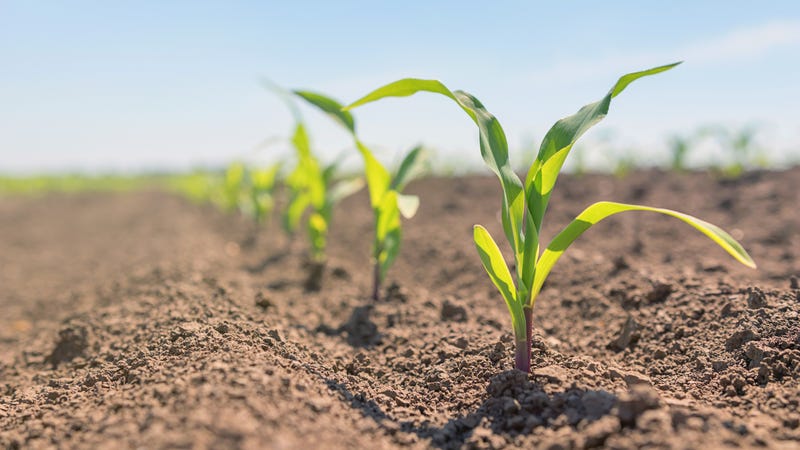
A wet and cold spring is putting a damper on spring planting plans for Minnesota farmers and gardeners eager to get their growing seasons underway.
Jeff Strock, a professor and soil scientist with the University of Minnesota, says the state is on the receiving edge of a double whammy this spring when it comes to cold soil temperatures and dry soil conditions.
"The southern part of Minnesota was really short on moisture because of the 2021 drought and also we were below average on snow over the winter," Strock said. "We were pretty far behind and we've gone into spring that way."
Strock says despite moisture received throughout April, soil conditions tend to be dry.
"We've worked on a couple of projects where we've dug three or four feet in the profile, and the profile is very dry, which is very unusual for this time of year," he said."
Soil temperatures remain quite cold as well for spring planting. Strock said minimum soil temperatures around the Southwest Research & Outreach Center in Lamberton are around 32 degrees. In fact, the warmest average soil temperature in the top two inches of soil was 47 degrees.
"Two inches is really important because that's the zone where seeds are planted," he said. "That cold temperature is definitely going to have an impact on germination. There's a minimum threshold temperature for corn and that's 50 degrees, which we haven't reached yet. Soybeans prefer it a little warmer, around 55 is that minimum threshold."
Grain already in the ground should germinate according to Strock, but it will just take a little longer due to the cold soil temperatures. Fortunately, many of the seeds being planted are able to withstand cooler temperatures.
"We've had some of those years where the seed sits in the ground for up to four weeks before it comes up and have seen really good germination."

When it comes to gardening, some plants are able to withstand the type of weather witnessed across the state in April. For instance, Strock says brassicas, or something like broccoli, are able to withstand the cooler temperatures.
"People should definitely hold off putting tomatoes in the ground just because of the air temperatures," he said. "They're going to be stifled a bit themselves by trying to grow until we get some of those heat units."

